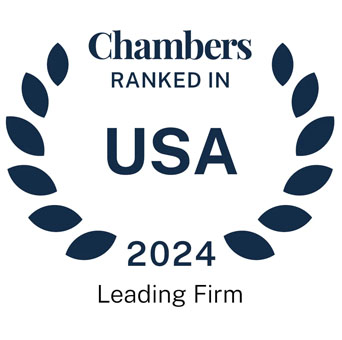ROBERT R. GOWER, July 2015 —
On July 21, 2015, the Internal Revenue Service (“IRS”) released Announcement 2015-19, announcing a significant curtailment of the IRS determination letter program for individually designed retirement plans. Announcement 2015-19 eliminates the five-year remedial amendment cycle for individually designed retirement plans and restricts the IRS determination letter program to limited circumstances.
The IRS determination letter program, which was last significantly overhauled in 2007, permits (but does not require) plan sponsors of individually designed retirement plans to submit the plan document for review by the IRS to confirm that the plan maintains tax-qualified status under Section 401(a) of the Internal Revenue Code (“Code”) and the related trust is tax exempt under Section 501(a) of the Code. Filing for an IRS determination letter also extends the remedial amendment period provided by the Code, which is the period during which a plan sponsor can retroactively adopt plan amendments to comply with the tax qualification rules. Receipt of a favorable determination letter is significant in that if the plan sponsor operates a plan according to the terms of a plan document that has received a favorable determination letter, the plan itself will also satisfy the law in operation. This helps assure the plan sponsor that plan contributions can continue to be tax-deductible, participants can defer taxation on amounts contributed to the plan, and all contributions can continue to grow tax-deferred until distribution.
During the 2007 overhaul of the determination letter program, the IRS placed individually designed plans on a staggered five-year remedial amendment cycle, permitting plan sponsors to apply for favorable determination letters once every five years and extending the remedial amendment period for the plan to the end of the applicable cycle. As a general rule, the plan’s staggered cycle is based on the last digit of the sponsor’s employer identification number (EIN). Upon receipt of a favorable determination letter, the plan sponsor can rely on the favorable letter until the end of the next five-year period.
Announcement 2015-19 provides that the IRS will eliminate staggered five-year remedial amendment cycle for individually designed plans, effective January 1, 2017. Plan sponsors whose plans are currently “on cycle” (generally sponsors of plans with EINs ending in 5 or 0) have until January 31, 2016 to file a determination letter application. Plan sponsors whose plans fall in the remedial amendment period beginning February 1, 2016 and ending January 31, 2017 (generally sponsors of plans with EINs ending in 1 or 6) will have until January 31, 2017 to file a determination letter application. The IRS was also clear that as of the date of the Announcement, it will no longer accept determination letter applications filed “off-cycle”.
The decision to eliminate the five-year remedial amendment cycle is largely the result of budget and time constraints on the IRS, meaning that individually designed retirement plans may no longer be able to apply for determination letters on a regular basis. Announcement 2015-19 carves out a special exception for new individually designed plans, explaining that such plans will be able to apply for an initial determination letter. It also notes that determination letters may remain available under limited circumstances, to be determined by the IRS. Plan sponsors will still be able to apply for determination letters upon termination of a plan under a separate existing determination letter program for terminating plans.
Understanding that Announcement 2015-19 results in many questions for sponsors of individually designed plans, the IRS has requested comments from the public on the changes to the determination letter program by October 1, 2015. We anticipate significant additional guidance following the comment period and will provide further updates and be in communication with our clients as they become available.



